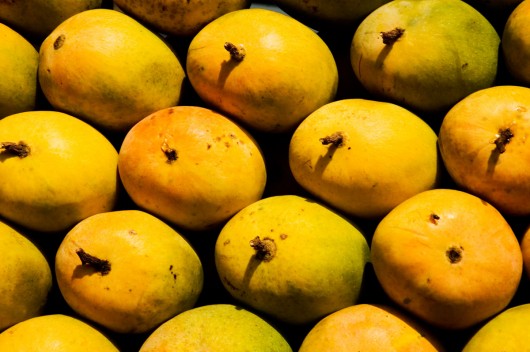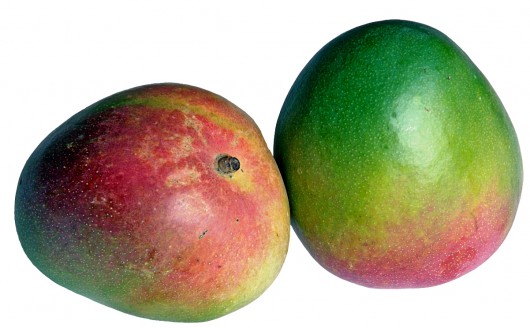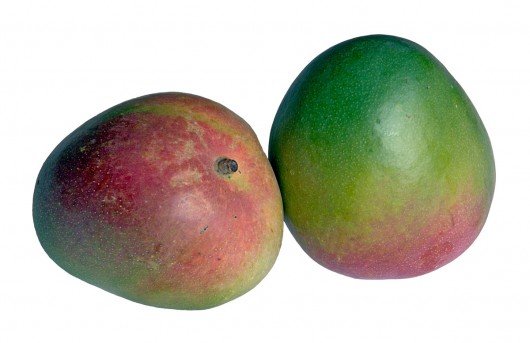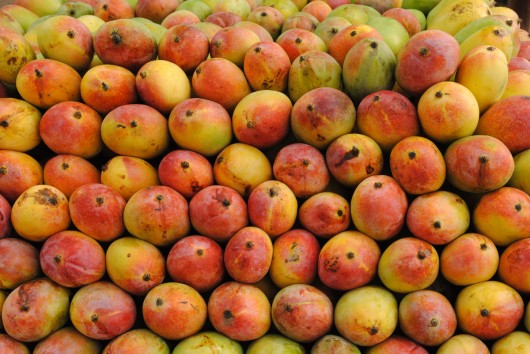Best Mangoes For Mango Juice And How To Choose Them
Making fresh fruit juice at home allows you to maximize the benefits of drinking fresh fruit juice without being subject to extra sugar and preservatives. Tropical fruits, like mangoes provide you with a fresh way to wake up or are perfect for a sweet, summery juice cocktail. Mangoes are also an excellent source of Vitamin A, Vitamin C and potassium.
Types of Mangoes
Most of the mangoes available in United States grocery stores and produce markets fall into one of six categories. Of the six most common types of mangoes, four kinds are recommended for juicing. The best mangoes for juicing include Francis, Ataulfo, Keitt and Kent mangoes. Other mangoes may feature flesh pock-marked with fibers making them difficult to juice. Always just a high quality juicer when working with mangoes.
Francis mangoes are characterized by a sweet and slightly spicy flavor. The Francis mangoes feature an oblong shape and a bright, yellow skin. Francis mangoes also feature green overtones that diminish as the fruit ripens. Francis mangoes most often come from Hati and are typically available May through July.
Ataulfo mangoes are identified by their small, oval shape and bright, yellow skin. As they ripen, the skin changes to a deep, gold color. Ataulfo mangoes are excellent for juicing based on their sweet, creamy flavor and smooth, firm texture. Hailing from Mexico, Ataulfo mangoes are available from March to July.
One of the best mangoes for juicing is the Keitt mango, also known as the Asian mango. The Keitt mango features light, sweet flavor and juicy, firm flesh with few fibers. Keitt mangoes feature green to dark green skin that remains this color even as they ripen.
Kent mangoes, like the Keitt variety, sports a green skin. As they ripen, Kent mangoes develop a yellow dots or undertones. According to the National Mango Board, Kent mangoes are the best mangoes for juicing. They feature a sweet taste and a smooth flesh with very few fibers.
Selecting A Mango
Unlike some fruits, color is not the most important indicator of a ripe mango. To select a ripe, ready-to-juice mango, pick up the fruit and squeeze it gently. A ripe mango will give slightly, indicating the fruit is ready to consume. As they continue to ripen, mangoes often begin to feel soft in a similar fashion to peaches and avocados. You may also want to give your mango a big sniff. Ripe mangoes omit a fragrant, fruity smell from the stem-end as they ripen. Always be sure to peel your mango and remove the inner pit before adding the fruit to the juicer.
Resources:
National Mango Board: How to Choose a Mango http://www.mango.org/retail/how-choose-mango
National Mango Board: Varieties and Availability http://www.mango.org/varieties-and-availability



